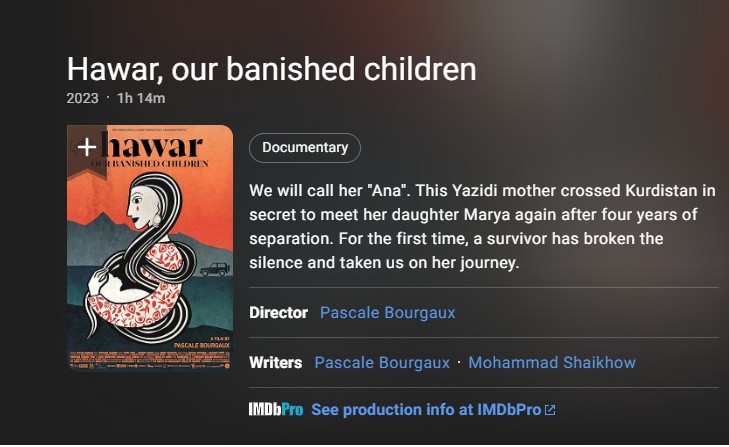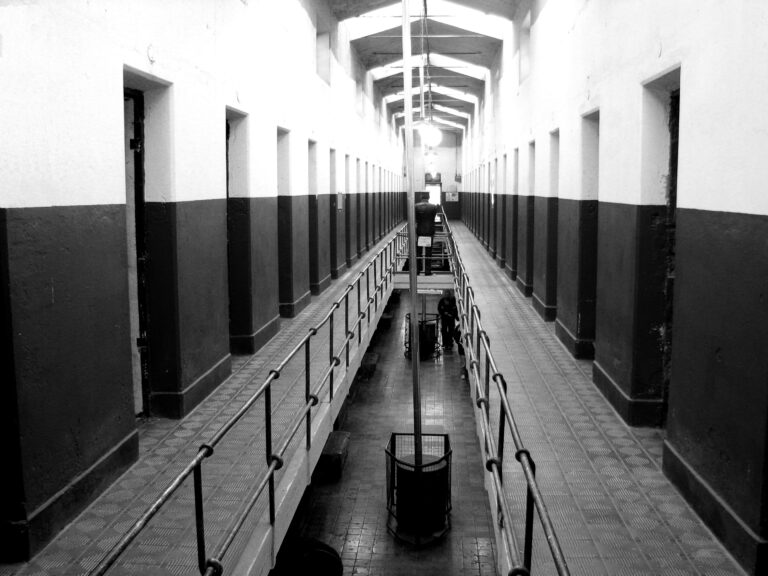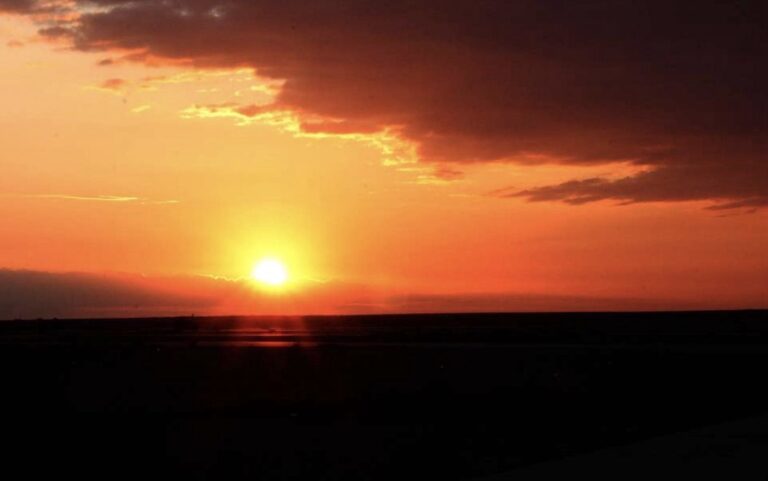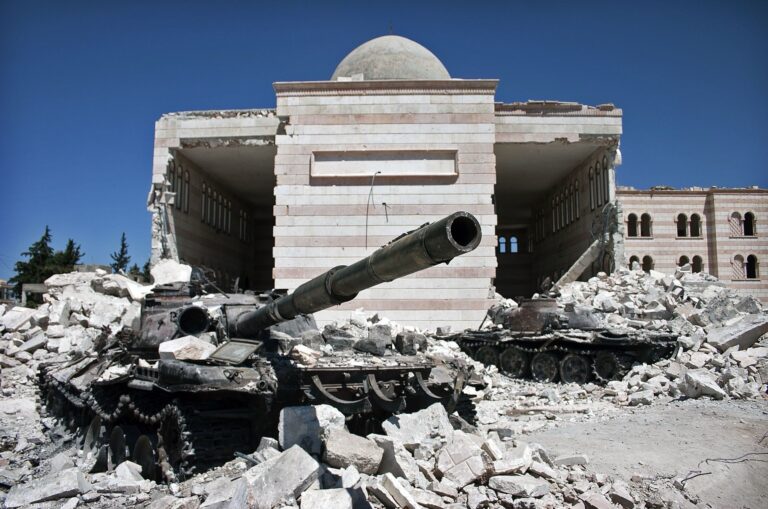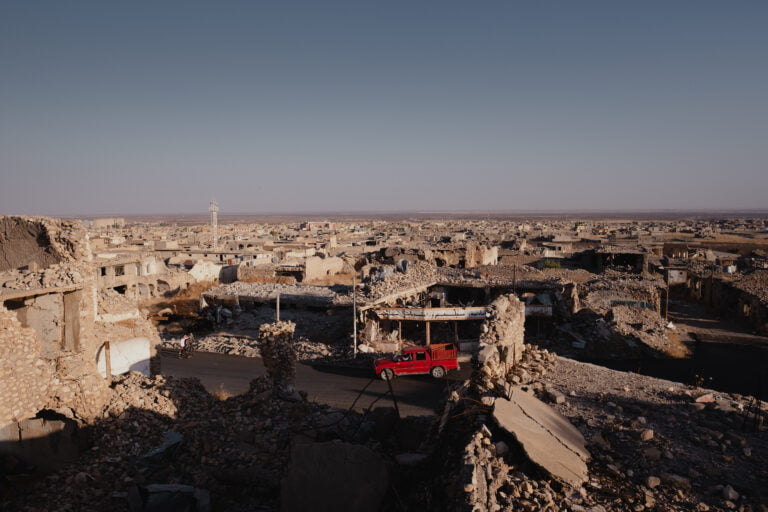The documentary “Hawar, Our Banished Children” by Pascale Bourgaux and Mamo Shaikhow sheds light on a hidden tragedy: Ezidi women who were raped by jihadists during the 2014 ISIS attacks in northern Iraq and Syria, and who are now searching for the children born from these assaults.
In 2014, ISIS seized large parts of northern Iraq and Syria, targeting the non-Muslim Ezidi minority. More than 5,000 Ezidi men were killed, and thousands of women were abducted and enslaved. Children born under these conditions are often rejected by the Ezidi people. The documentary follows Ana, one of these women, who was forced to abandon her daughter but later crossed secretly into Kurdish-controlled areas to see her again.
The directors emphasize that the trauma continues today. Around 3,000 Ezidi women remain missing, scattered across different countries, while some of the jihadists who committed these crimes live freely in their home countries, even holding positions in local institutions.
Pascale Bourgaux, an award-winning director, writer, and war correspondent, has covered conflicts in Iraq, Iran, Syria, Lebanon, Egypt, Libya, and Afghanistan. Co-director Mamo Shaikhow highlights that the film gives a voice to women trapped socially and physically, emphasizing that the genocide against Ezidis continues.
European countries are beginning to hold their citizens accountable: Germany, France, and Belgium are prosecuting jihadists for genocide and crimes against humanity, marking the first time European courts have tried their own nationals for these acts against Ezidi women and the Ezidi people. Belgium has already convicted one Belgian jihadist, while a trial is upcoming in France.
“Hawar, Our Banished Children” premiered in April 2023 at the Visions du Réel festival in Nyon, Switzerland. Over the last two years, it has toured numerous European festivals, winning nine awards. Its Greek premiere took place at the 10th International Documentary Festival of Kastellorizo, and it will be released in Swiss cinemas in October 2025.
The film serves as a crucial reminder of the ongoing struggles of the Ezidi people and the urgent need for justice and international awareness of their suffering.
